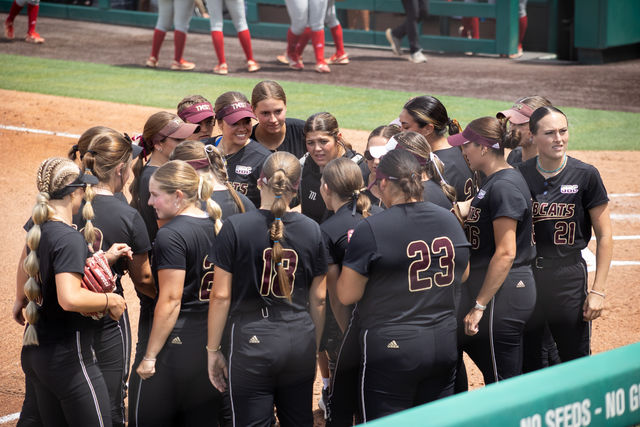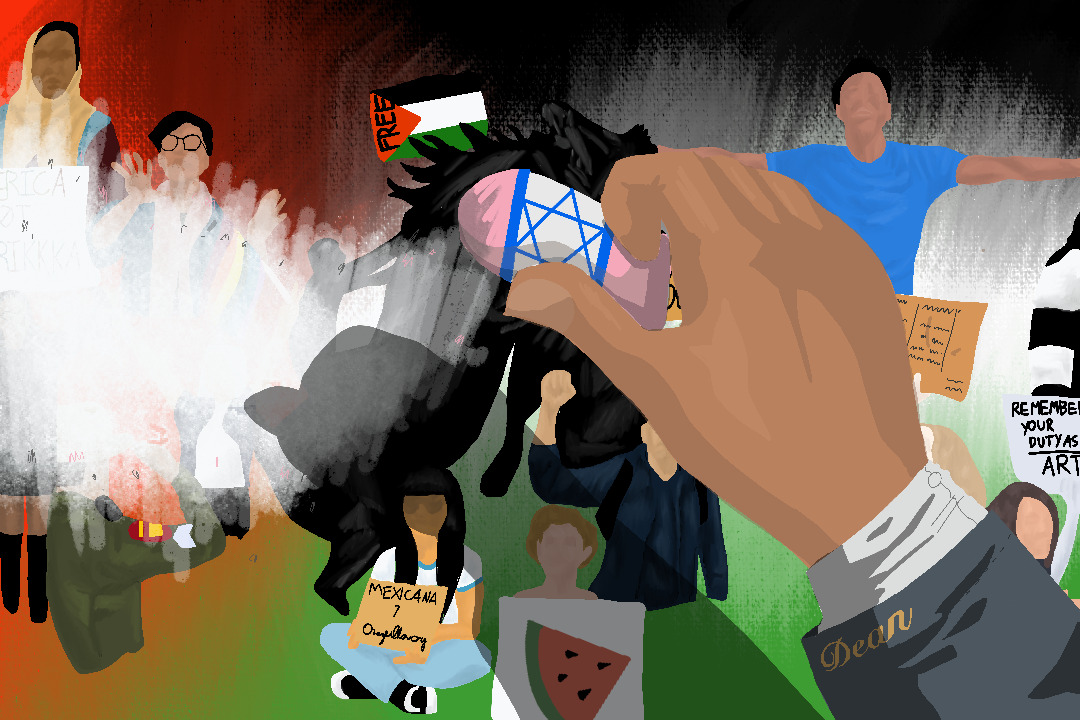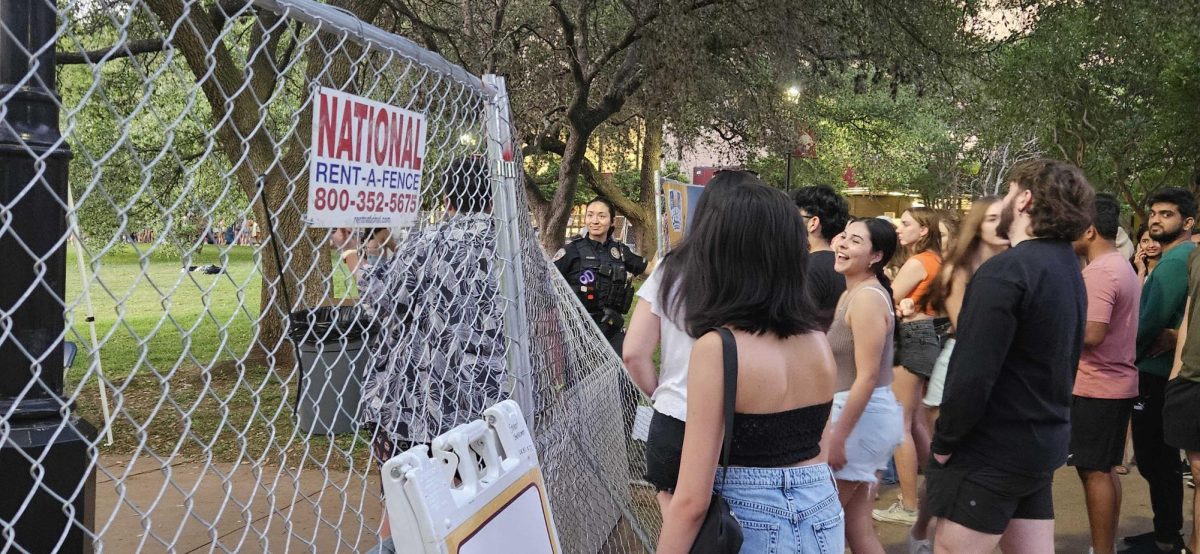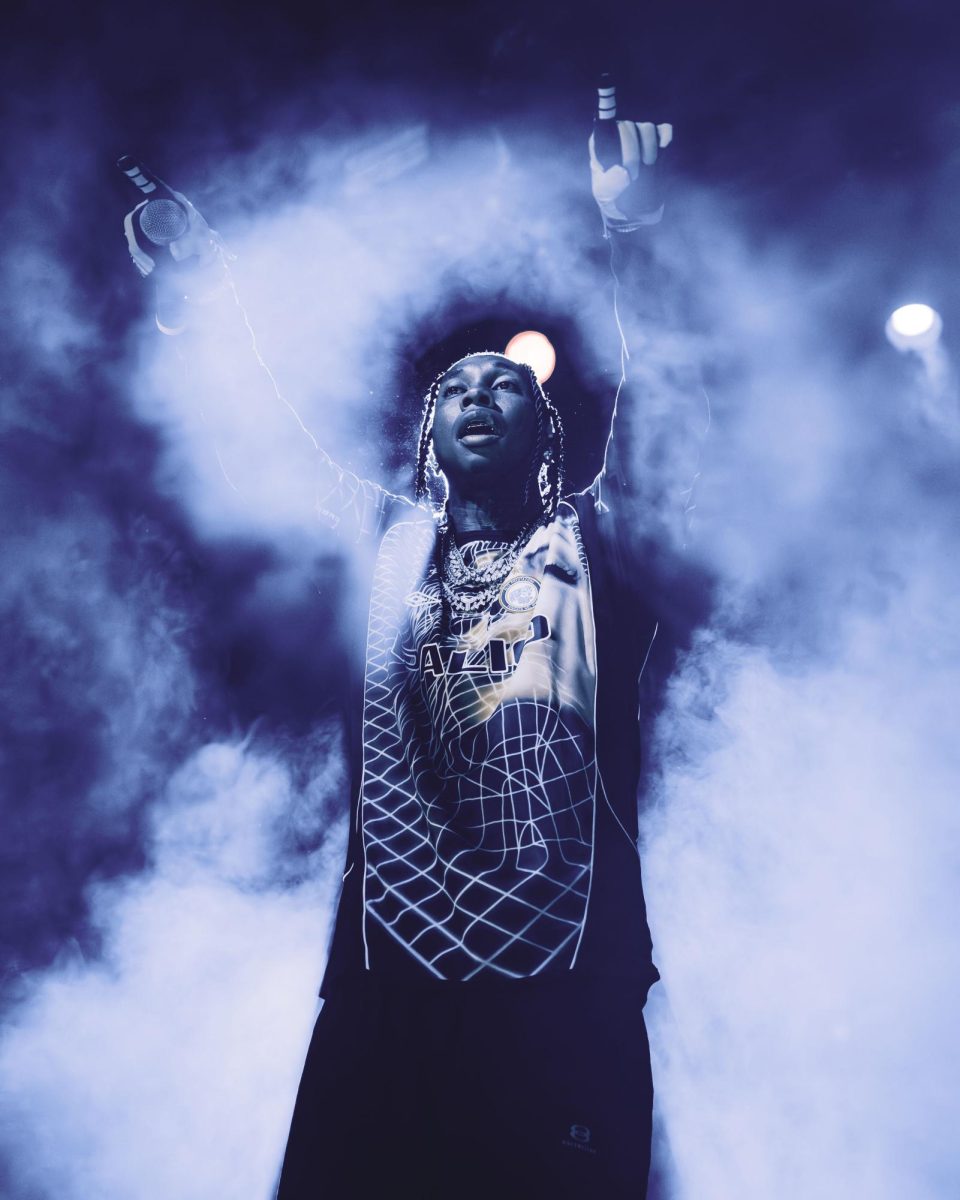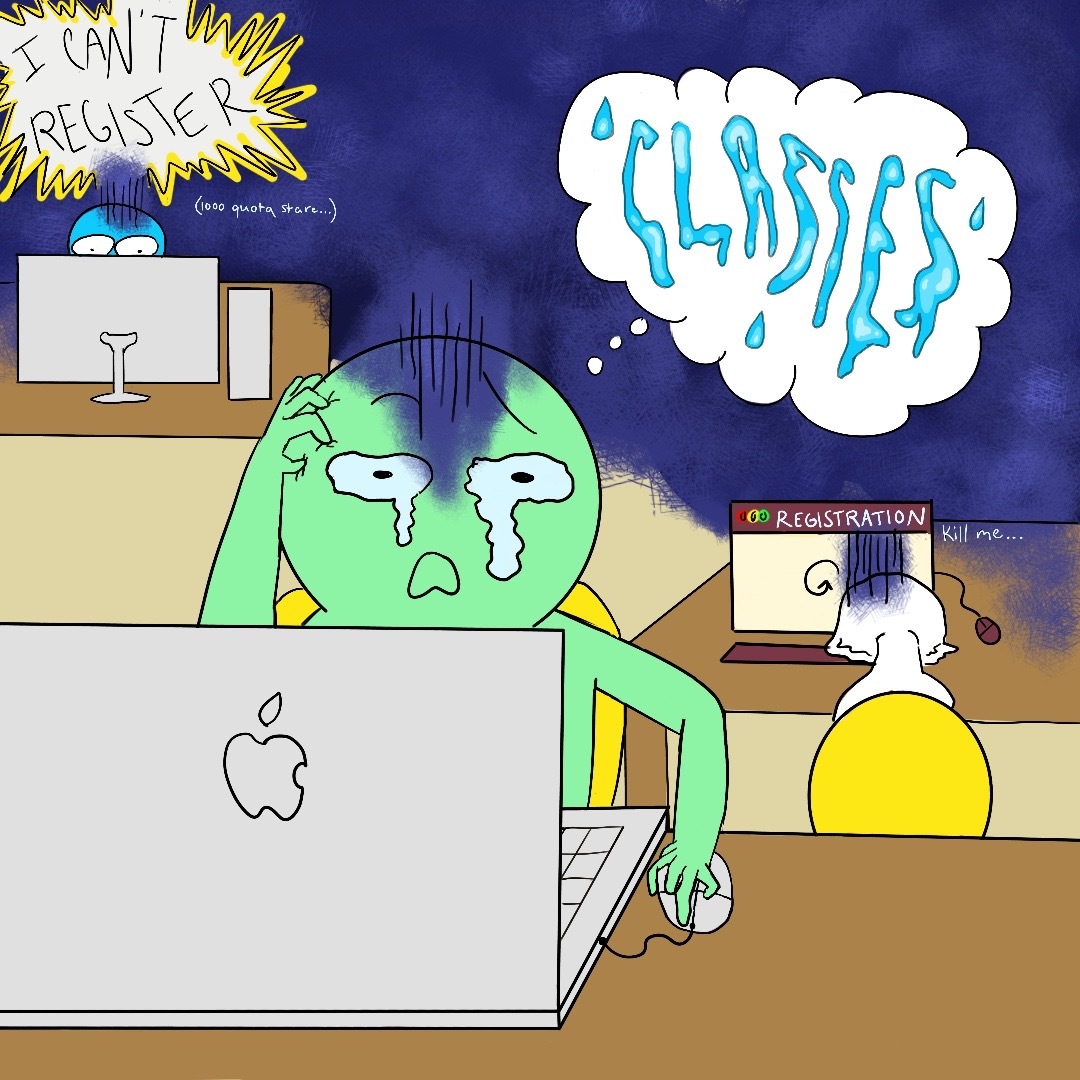After each experiencing their own traumatizing experience, two previously unconnected teenagers are bestowed with the ability to manipulate light and dark energies that will bind them together for the rest of their lives.
“Cloak and Dagger” marks the newest addition to Marvel’s lineup of episodic content based in the Marvel Universe. The pilot episode sets a gritty tone for the show and presents a rough perspective on the more grounded parts of the Marvel Universe. And while grittiness is quite characteristic of Marvel’s TV lineup, “Cloak and Dagger” confronts the true contours of that grit by forwardly depicting drug addiction, sexual assault and police violence against unarmed men of color.
This blunt display of real-life conflict works to give the show an edge over what can be seen in Marvel’s previous Netflix shows or their blockbuster films. However, this edge could prove to be to the detriment of the series largely due to the writing of this conflict.
Dagger or more readily known as Tandy, played by Olivia Holt re-purposes the typical archetypes for female characters in comics. Both within the narrative of the show as well as the structure of the character, Tandy is a weaponized version of the purity that is expected of female characters. She is neither the damsel nor the direct counter-damsel, she seems to be a layered character with her own flaws and vulnerabilities.
Additionally Tandy’s counterpart Cloak, or more readily known as Tyrone, played by Aubrey Joseph presents a young black man subject to the hardships of an urban environment. But these hardships are not imposed with the stereotypes of the absentee father, gang affiliation or other common tropes of lazy writing for young black male characters. Tyrone is introduced as a strong young man but the viewer is also allowed to see the innocence and sensitivities of the character.
What Marvel does well with “Cloak and Dagger” is set up relatable teen characters and establish their dependency on each other in a way that is likely to create the tension needed for many good seasons to come. The show has its own unique qualities but it is ultimately familiar media for anyone who follows the rest of Marvel TV. Both of the main characters are well acted and the story is paced appropriately. However, what prevents “Cloak and Dagger” from having a blessing of pure optimism is questionable writing.
As previously mentioned, “Cloak and Dagger” depicts serious conflicts found in the real world, but it does nothing to engage the issues it confronts. Using real world issues like police brutality as devices for exposition without any commentary to follow takes well intentioned writing and turns it into, “race talk” for the sake of “race talk.” Writing anything without any greater purpose for doing so other than because its possible not only teeters on lazy writing but can also be interpreted as capitalizing on the real-life trauma of other people for entertainment.
This issue also stems from the lack of writers of color behind “Cloak and Dagger” which becomes even more apparent through Tyrone’s dialogue. There are moments in the pilot where Tyrone’s lines like, “bye crazy white girl” come across as forced and inauthentic to the way young black men in New Orleans would likely interact with the world around them. Moments like these diminish how seriously the plot’s inciting actions can be taken.
This becomes increasingly important in that during the Q&A that followed the SXSW screening Jeph Loeb, Marvel’s Head of Television said “Cloak and Dagger” is meant to be a hero story for young people. Therefore, Marvel has a responsibility to ensure that Tyrone is as authentic as possible, which is easily achievable by adding a few black men and women to the writing team.
While their intentions may be good, to think that four white men and a white woman have the insight to tell a real story about the teenage angst of a black man is short-sighted. But this should all be familiar to Marvel because allowing black writers to tell the stories of black characters just earned them a billion dollars internationally with “Black Panther.”
Marvel has an opportunity to experiment with the unique hero dynamic that is “Cloak and Dagger,” but it remains to be seen if Marvel can do so without creating a culturally tone def series. However, beyond the road blocks of writing “Cloak and Dagger” is a show with the potential to be one of Marvel’s better TV projects and is worth recording or streaming later in your queue.
– Carrington Tatum is an electronic media sophomore
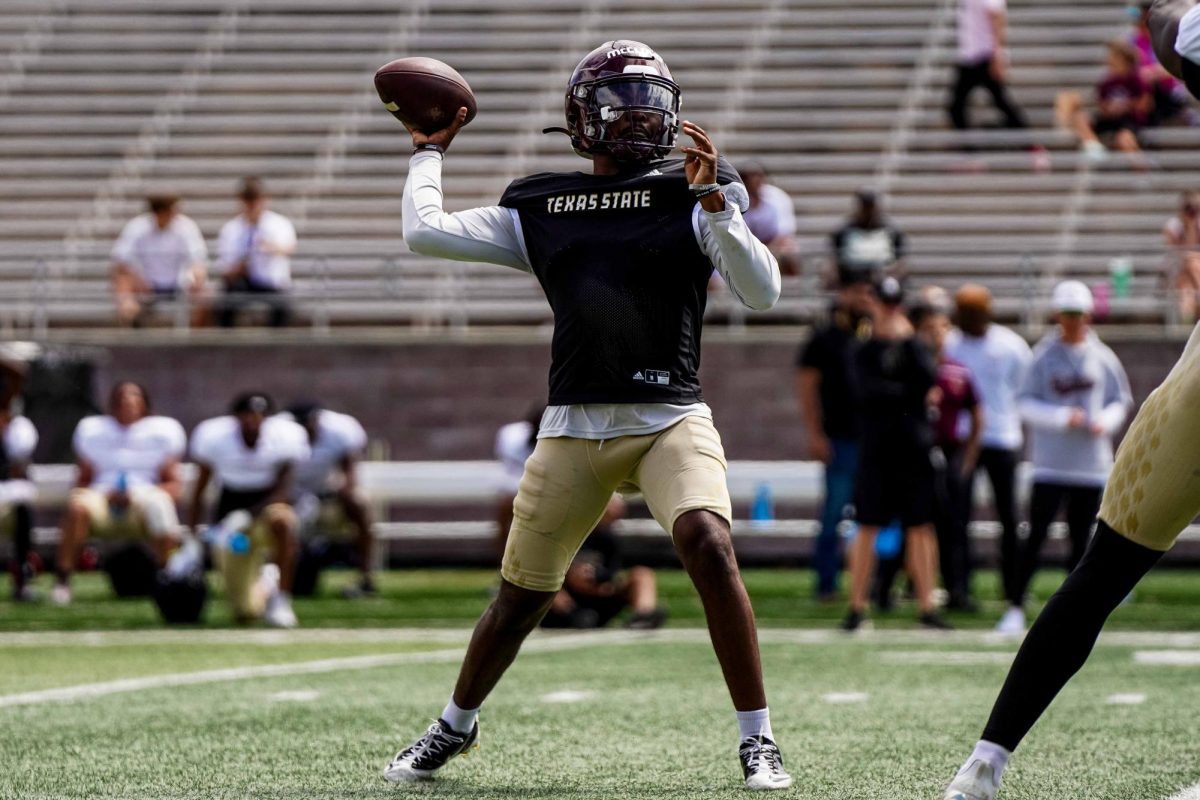
April 25, 2024

April 25, 2024
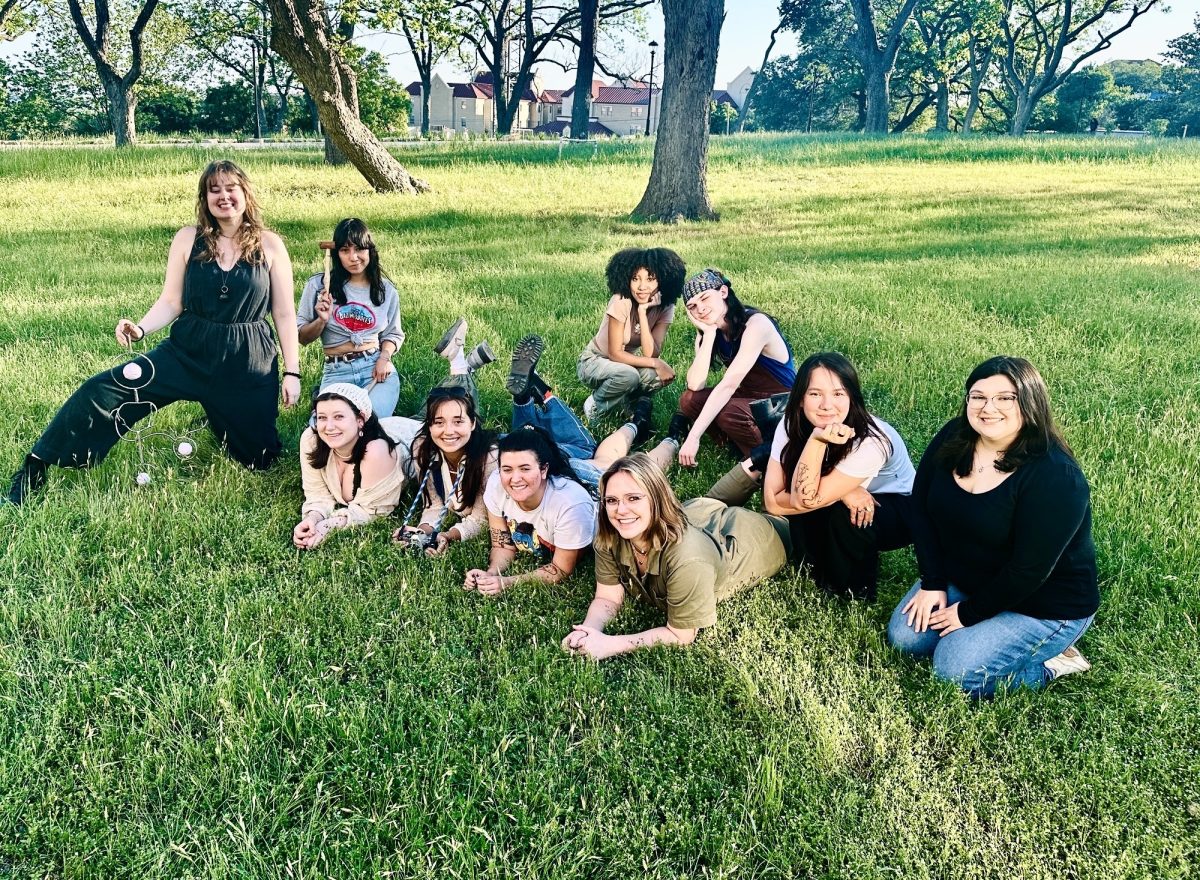
April 25, 2024

April 25, 2024
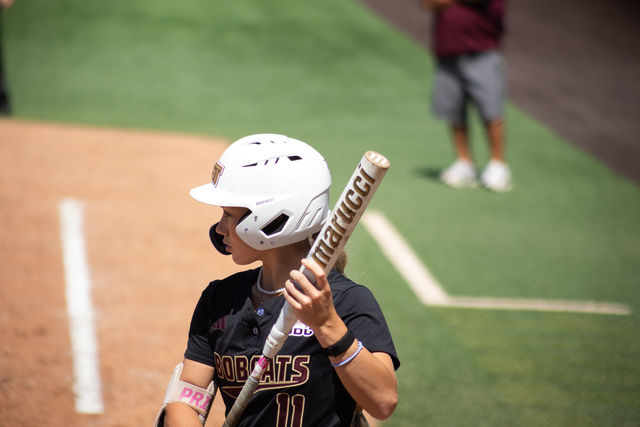
April 24, 2024
Marvel’s “Cloak and Dagger” episode one spoiler-free review
March 12, 2018
Photo Illustration by: Cassandria Alvarado | Former Staff Photographer
Donate to The University Star
Your donation will support the student journalists of Texas State University. Your contribution will allow us to purchase equipment and cover our annual website hosting costs.
More to Discover
SECTIONS
SERVICES
CONTACT INFORMATION
universitystar.com
601 University Drive
San Marcos, TX 78666
Phone: 512-245-3487
Email: [email protected]
601 University Drive
San Marcos, TX 78666
Phone: 512-245-3487
Email: [email protected]
© Copyright 2024 The University Star 601 University Drive, San Marcos, TX | Privacy Policy
© Copyright 2024 The University Star 601 University Drive, San Marcos, TX | Privacy Policy

